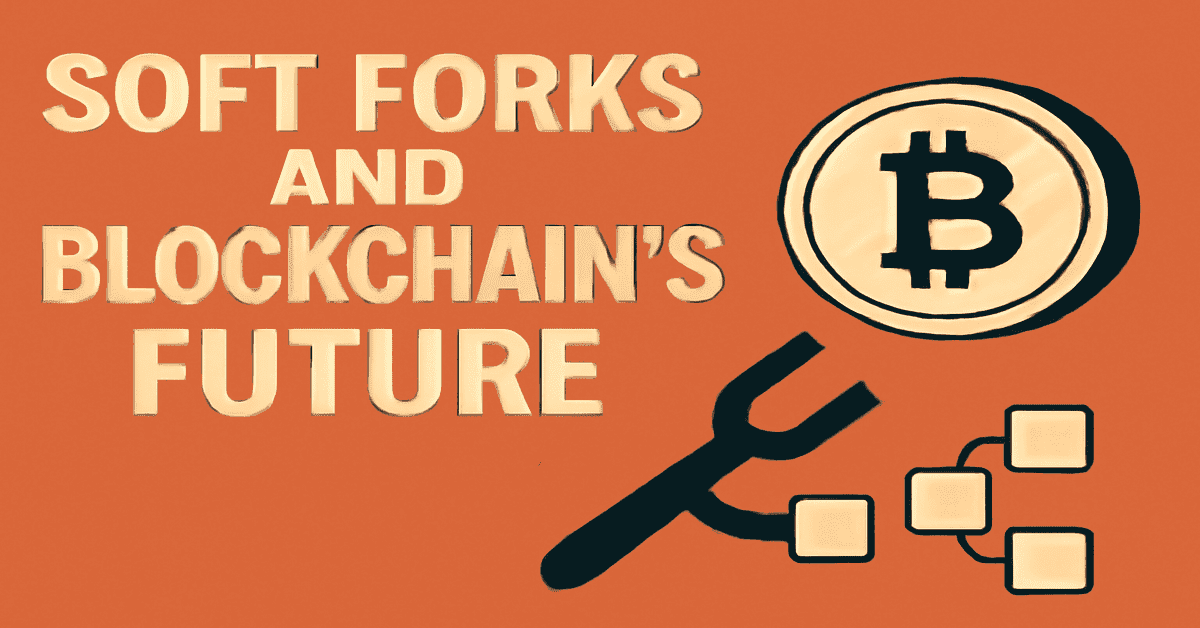
Soft Forks and Blockchain's Future: Stability & Progress
1. What is a Soft Fork?
A Soft Fork is a blockchain upgrade method that enhances performance and security without causing a chain split. The key difference from a Hard Fork is that Soft Forks maintain backward compatibility, meaning older nodes can still participate in the network and validate new blocks. This reduces the risk of network division, contributing to overall system stability. Soft Forks typically involve tightening existing rules without breaking compatibility with older versions and do not create new cryptocurrencies.
2. Key Characteristics of Soft Forks
Soft Forks offer a flexible mechanism for network upgrades, particularly suitable for minor improvements or performance optimizations. They allow for a smoother transition as un-upgraded computers can still operate without interruption. Backward compatibility is a crucial factor, ensuring that all users, whether updated or not, can still interact with the common network.
3. Notable Soft Fork Examples
Several prominent examples of Soft Forks on the Bitcoin blockchain include:
- Segregated Witness (SegWit): Implemented in 2017, SegWit aimed to address block size issues and improve transaction efficiency by separating signature data. This led to increased transaction throughput and reduced fees.
- BIP 66: Deployed in 2015, BIP 66 enforced strict rules for DER signatures to enhance network security.
- P2SH (Pay-to-Script-Hash): Introduced in 2012, P2SH enabled multi-signature transactions and simpler smart contracts.
- Taproot: This 2021 update improved privacy and efficiency by making complex transactions indistinguishable from simple ones.
4. Impact of Soft Forks
Soft Forks generally have a positive impact, enhancing security, improving performance by optimizing transaction processing, and reducing fees. Due to their backward compatibility, Soft Forks significantly minimize the risk of chain splits. While challenges can arise if there isn't widespread community consensus, the success of updates like SegWit and P2SH demonstrates their effectiveness in handling transactions and reducing costs while maintaining network stability.